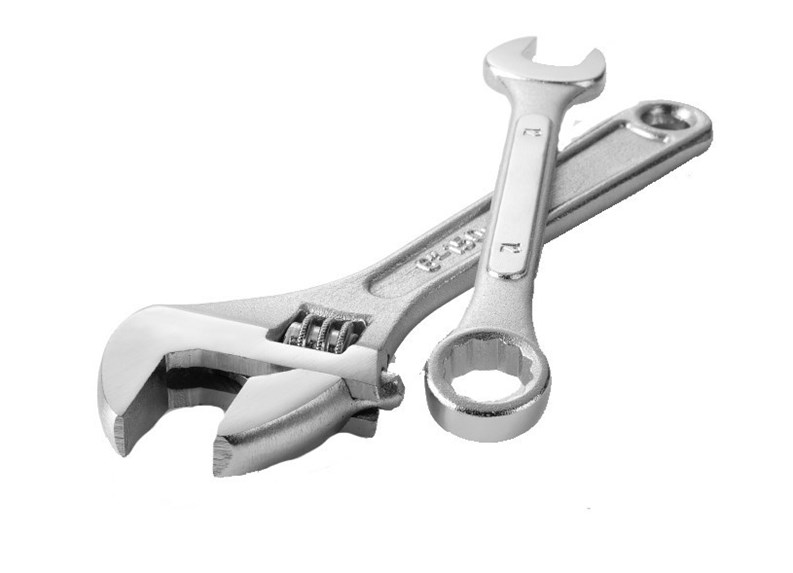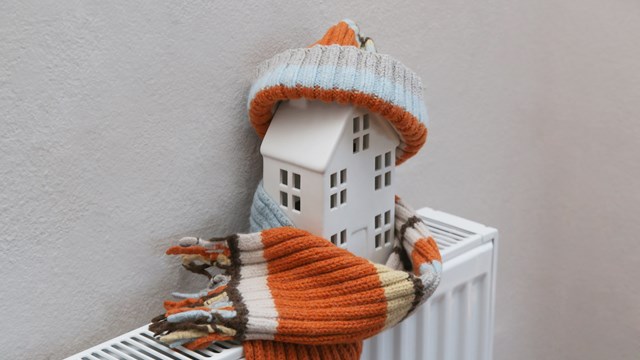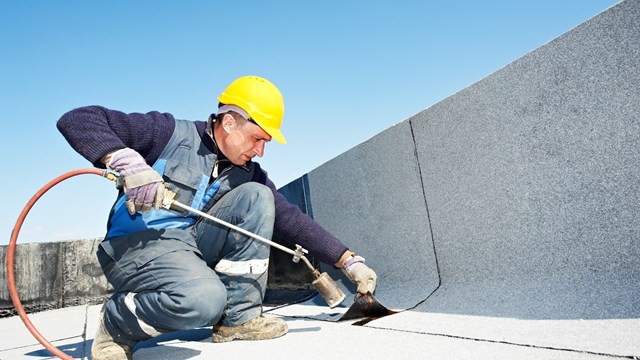Because the water has been coming in for so many years, the condo will be demolishing the damaged portion of my ceiling, at least one wall, and the interior of a closet. I have my own wired alarm system that runs along theceiling area that will be demolished. The alarm system therefore will have to be reconstructed also. My question is: Who is responsible for the cost of reconstructing my alarm system after all the other work is done?
— All Wet in MA
I have been informed that some engineering firms and some contractors have access to a machine that when pointed at the evidence of a leak insidea unit can follow that leak back to its source through the use of infrared technology.
For a leak to have existed for several years without resolution may well be evidence of negligence and a breach of the board's obligation to properly repair and maintain the common areas.
With the above in mind, I will attempt to answer the question as follows.
Under ordinary circumstances, whenthere is a loss each party is responsible for repairs to their own property. This responsibility shifts if one can show that the other side is liable for the loss. Liability usually occurs when there has been a breach of contract, a violation of written covenants, negligence, or willful and wanton destruction of property. When that happens, the liable party will be responsible for the loss to the innocent party.
In this case, it may well be that the condominium board was negligent in the way that it went about trying to find the source of the leak. If the condominium documents state that the board has the responsibility for the proper maintenance and upkeep of the common areas, the board may have breached that covenant as well by taking so long to fix the problem, thereby exacerbating the loss.
In fact, the destruction of the ceiling as opposed to using a less invasive method of finding the leak may also amount to negligence.
There is a limitation on liability for negligence when the harm caused is not foreseeable. I would need more information as to what knowledge the association may have had as to the alarm system wiring to determine whether that harm was foreseeable.
My advice to this individual would beto check and see if this loss is covered by the master policy insurance or his/ her own homeowner's policy. If it is, I would recommend that as a remedy. I do note that leaks are often not covered by insurance.
I could be more succinct in my answer if I knew what measures that the board had previously taken to find the leak and if I also knew what information the board had as to this alarm wiring system. I would also like to know whether the documents require a unit owner to report improvements to the board.
— Henry A. Goodman, Esq.







Leave a Comment